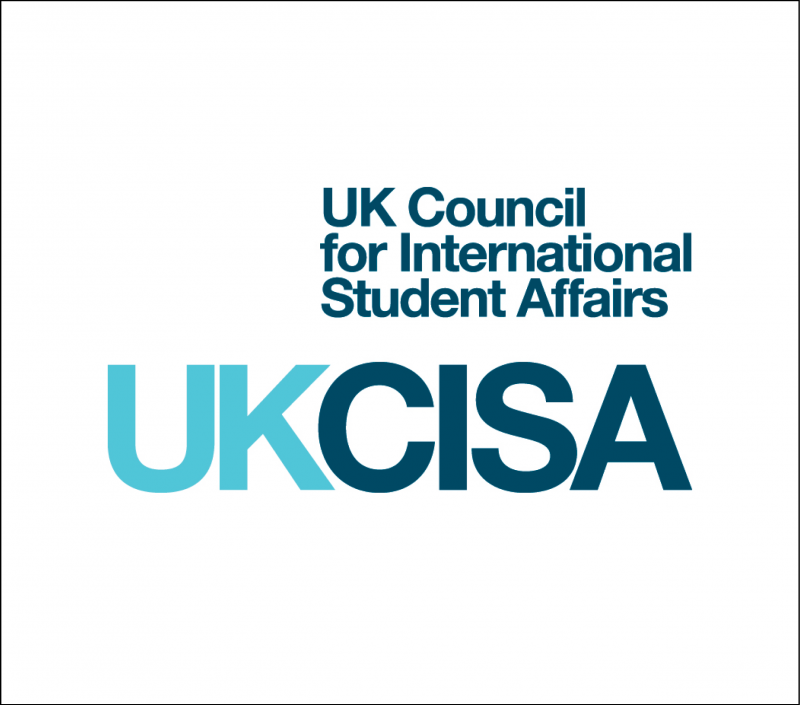The EAIE and Studyportals partner to study impact of English-taught bachelor’s in Europe
The number of English-taught bachelor’s programmes (ETBs) in continental Europe has mushroomed over the past decade, yet research on the trend and its impact across Europe is not readily available. The European Association for International Education (EAIE) and Studyportals have partnered to explore this trend. The publication English-taught bachelor’s programmes: internationalising European higher education provides a first overview of the emergence and growth of ETBs in Europe in addition to exploring the benefits, challenges and impact of these programmes on the institutional and national level.
Significant growth and wide-ranging spread
Since 2009, ETBs in continental Europe have grown fiftyfold, becoming a central part of internationalisation at many institutions. Differences in the approach to ETBs can be seen across the 19 European countries studied. As can be expected, the size of the higher education sector appears to impact the sheer volume of ETBs and the number of institutions offering them, whereas such programmes seem to be more widespread across institutions in countries with a small or mid-sized higher education sector.
Internationalising the institution
Members of staff were interviewed at higher education institutions in the Czech Republic, Finland, Germany, the Netherlands, Poland and Spain for the purpose of this study. Based on the outcomes of the interviews, the ETBs have become a deliberate strategic part of internationalisation and have the potential to contribute to the achievement of institutional goals.
Internationalising the programme
When institutions first introduced ETBs, the curricula were often simply translated to English, but over time the content and teaching methods have evolved to cater for the needs of an international classroom. This is an area where some institutions still seem to struggle, however; the level of English of teaching staff, creating a diverse classroom and successfully integrating international students are some of the central challenges that emerged in the interviews.
Want to learn more?
Co-authored by the EAIE’s Anna-Malin Sandström and Studyportals’ Carmen Neghina, this publication provides the first overview of ETBs in Europe and indicates a pattern of growth worth further exploration. The report also covers, among others, the relationship with English-taught master’s programmes, ETBs per discipline, admissions regulations and criteria, institutional support for ETBs and the benefits to the higher education sector.
The publication launch will take place during the session ‘English-taught bachelor’s programmes: the what, why and how’ on Thursday 14 September 11:30–12:30 at the Annual EAIE Conference and Exhibition in Seville.
EAIE members can access the report here. Non-members can download the report from Studyportals.
The EAIE and Studyportals have previously partnered to publish an e-book, Summer Schools in Europe, examining the quality and quantity of today’s European summer schools in an international context.
Contact
Studyportals: Carmen Neghina | carmen@studyportals.com | +31-655 875 270
EAIE: Elise Kuurstra | kuurstra@eaie.org | +31-20-344 51 00
Mentions in the news
Europe watches as Dutch seek caps on English-language students – Times Higher Education
English-taught bachelor degrees proliferate in Europe – University World News
Boom in number of English-taught bachelor’s, with Turkey on top – The PIE News
Fifty-fold growth in English-taught bachelor’s courses in Europe – Times Higher Education
A Guide to Getting a Bachelor’s Abroad – The New York Times
For more updates, follow us!





